Letters From Jesus
$24.99
“In Revelation 2:2, Jesus tells the church in Ephesus something intimate-Google Street View intimate. He says, ‘I know your works’ (Oida ta erga sou). Four words don’t seem like much, but in the Greek, it packs a punch…. Jesus chooses the Greek word oida, which expresses total, comprehensive knowledge. It is intimate knowledge that comes from being up close and personal. This knowledge isn’t hazy on the details. It doesn’t struggle to remember. It preserves the particulars. In the mind’s eye, everything is sharp and clear, like a well-taken photograph.” -Chris Palmer
Letters from Jesus: Studies from the Seven Churches of Revelation explores Christ’s warnings to the seven most prominent churches in Asia Minor in the book of Revelation. These letters date back to 95 A.D., but they help us make a fascinating discovery about civilization: life hasn’t changed that much over the last two millennia.
Author Chris Palmer illustrates the truths contained in the Letters from Jesus using modern, everyday day examples. The host of the popular podcast Greek for the Week, he unpacks Greek words and phrases in these verses from Revelation with humor, joy, and biblical scholarship.
Why study Greek, even just a little bit? As Chris explains, looking at the New Testament in the original language in which it was written can offer us some beautiful insights into God’s Word. “It’s like reading the Bible in high definition,” he says. Also, “studying God’s Word in the original language forces us to approach it with reverence and awe, humbling ourselves to obey what it says, whether it’s something we want to hear or not.”
in stock within 3-5 days of online purchase
SKU (ISBN): 9781641233101
ISBN10: 1641233109
Chris Palmer
Binding: Cloth Text
Published: September 2019
Greek For The Week
Publisher: Whitaker House Publishers
Related products
-
Weight Of Glory
$16.99Selected from sermons delivered by C. S. Lewis during World War II, these nine addresses show the beloved author and theologian bringing hope and courage in a time of great doubt. “The Weight of Glory,” considered by many to be Lewis’s finest sermon of all, is an incomparable explication of virtue, goodness, desire, and glory. Also included are “Transposition,” “On Forgiveness,” “Why I Am Not a Pacifist,” and “Learning in War-Time,” in which Lewis presents his compassionate vision of Christianity in language that is both lucid and compelling.
Add to cartin stock within 3-5 days of online purchase
-
Screwtape Letters
$17.99Wormwood, a demon apprentice, must secure the damnation of a young man who’s just become a Christian. He seeks the advice of an experienced devil, his uncle Screwtape. Their correspondence offers invaluable—and often humorous—insights on temptation, pride, and the ultimate victory of faith over evil forces. Paperback with French flaps and deckled page edges.
Add to cart1 in stock (additional units can be purchased)
-
How Not To Read The Bible
$24.99When Dan Kimball first sat down to meet with a student who was disillusioned by Christianity, he wasn’t ready for what he was about to hear. The student had a positive church experience. He was grateful for his youth leader. But he had serious objections to Christianity. Why? He had begun studying the Bible and found he could no longer accept what it taught. Reading the Bible had led him to become an atheist.
In How Not to Read the Bible, pastor and bestselling author Dan Kimball tackles one of the most pressing apologetic challenges of the twenty-first-century church–how do we read and interpret the Bible? Kimball introduces several critical principles to utilize when you open a Bible or read a verse. Then, he looks at five of the most common challenges that arise when people read the Bible today, including: the relationship between science and the Bible, the violence we find in the Bible, the treatment of women in the Bible, the odd and strange commands we find in the Bible, and the Bible’s controversial claim that there is only one way to know God. Kimball highlights several of the most common passages people find objectionable and shows readers how to correctly interpret them.
This is an ideal book for those exploring Christianity or new to the faith, as well as Christians who are wrestling with questions about these difficult issues and the challenges of interpreting the Bible. Filled with stories and examples, as well as visual illustrations and memes reflecting popular cultural objections, How Not to Read the Bible will motivate readers who are confused or discouraged by questions they have about the Bible and guides them–step-by-step–to a clear understanding of what the Bible is saying in context. The book can also be taught as a six-week sermon series or used in small groups for study and discussion.
Add to cartin stock within 3-5 days of online purchase

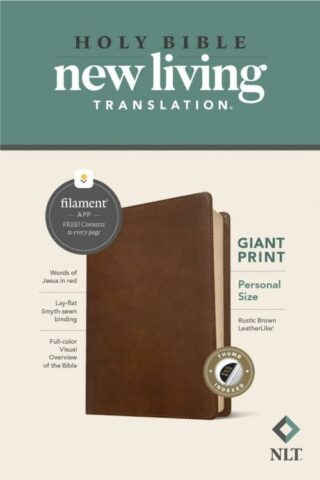 Personal Size Giant Print Bible Filament Enabled Edition
Personal Size Giant Print Bible Filament Enabled Edition
 Daughter Of Shiloh
Daughter Of Shiloh
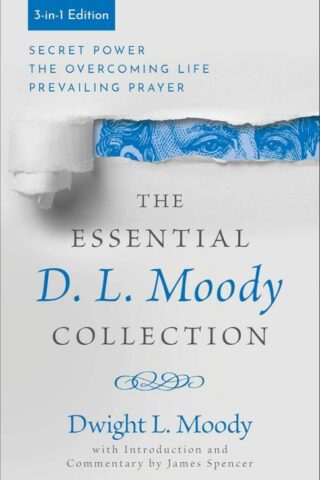 Essential D L Moody Collection
Essential D L Moody Collection
 3 Minute Devotions For Women Journal
3 Minute Devotions For Women Journal
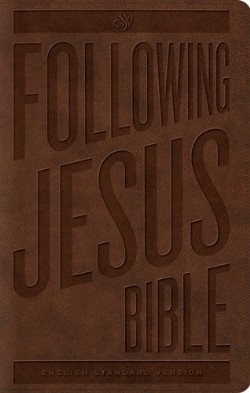 Following Jesus Bible
Following Jesus Bible
 Bake And Pray
Bake And Pray
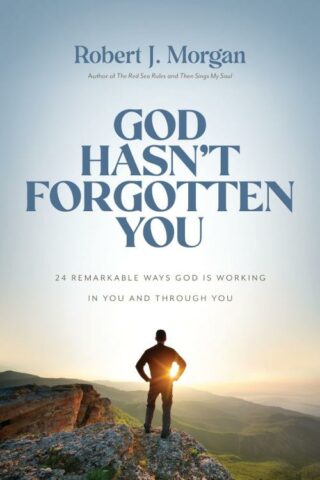 God Hasnt Forgotten You
God Hasnt Forgotten You
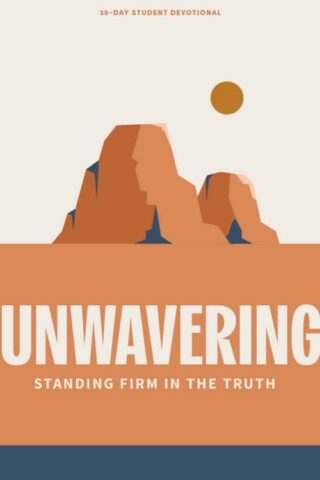 Unwavering Teen Devotional
Unwavering Teen Devotional
 Devotions For Grandmas
Devotions For Grandmas
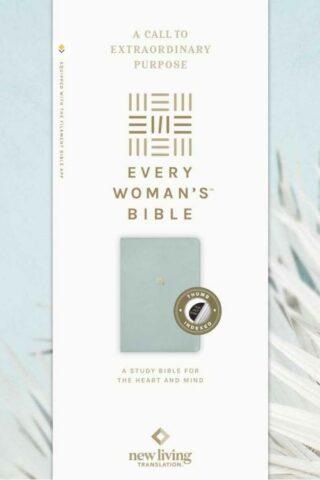 Every Womans Bible Filament Enabled Edition
Every Womans Bible Filament Enabled Edition
 What God Says About You
What God Says About You
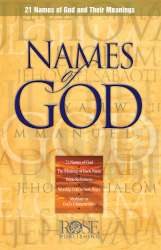 Names Of God Pamphlet
Names Of God Pamphlet
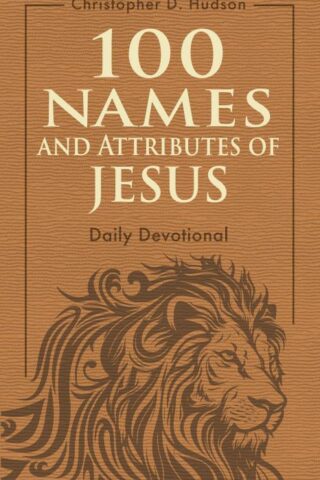 100 Names And Attributes Of Jesus Daily Devotional
100 Names And Attributes Of Jesus Daily Devotional
 Where Is God In A World With So Much Evil
Where Is God In A World With So Much Evil
 Wild At Heart Expanded Edition (Expanded)
Wild At Heart Expanded Edition (Expanded)
 Sex And The Single Girl
Sex And The Single Girl
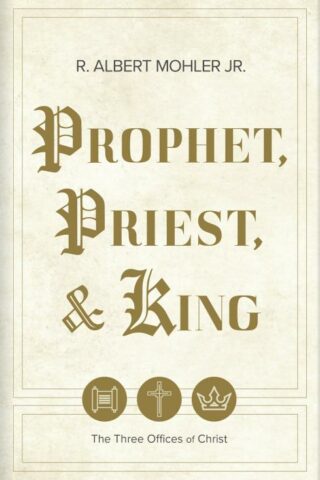 Prophet Priest And King
Prophet Priest And King
 Filament Bible Journal Ephesians
Filament Bible Journal Ephesians
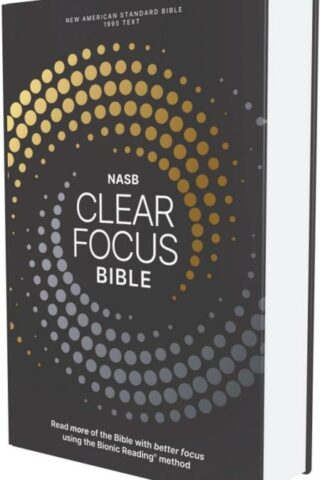 Clear Focus Bible
Clear Focus Bible
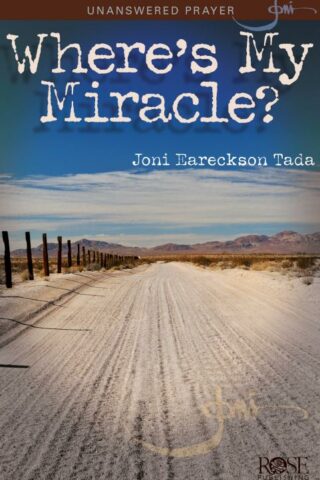 Wheres My Miracle Pamphlet
Wheres My Miracle Pamphlet
 Keeper (A Murphy Shepherd Novel)
Keeper (A Murphy Shepherd Novel)
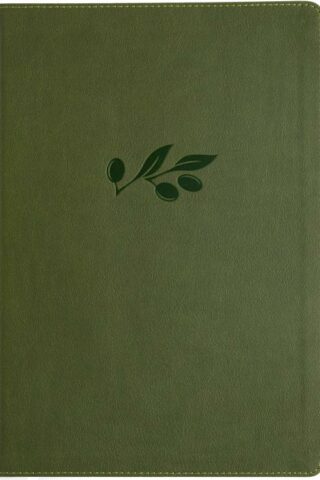 Super Giant Print Reference Bible Digital Study Edition
Super Giant Print Reference Bible Digital Study Edition
 Bible Friends : Sparkly Sticker Book - Find And Place The Sprakly Stickers
Bible Friends : Sparkly Sticker Book - Find And Place The Sprakly Stickers
 Flourish : Daily Devotions For Teen Girls
Flourish : Daily Devotions For Teen Girls
 Land Of The Lost
Land Of The Lost
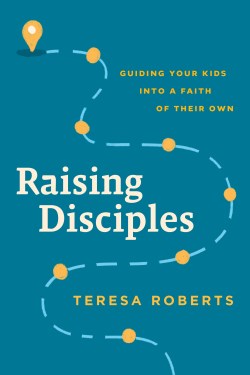 Raising Disciples : Guiding Your Kids Into A Faith Of Their Own
Raising Disciples : Guiding Your Kids Into A Faith Of Their Own
 Every Hour Until Then
Every Hour Until Then
 Merry Mix Up
Merry Mix Up
 Personal Size Large Print Reference Bible Comfort Print
Personal Size Large Print Reference Bible Comfort Print
 Sonia And The Biggest Block Tower Ever
Sonia And The Biggest Block Tower Ever
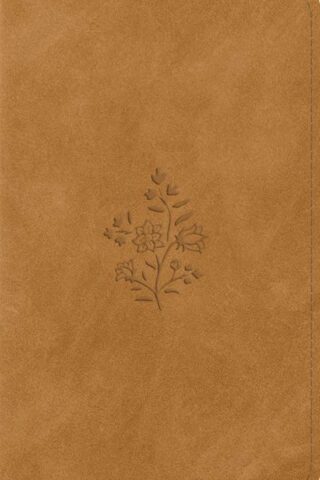 Large Print Personal Size Bible
Large Print Personal Size Bible
 Seen : Devotions To Cultivate A Teen Girl's Faith
Seen : Devotions To Cultivate A Teen Girl's Faith
 Runt The Hunted
Runt The Hunted
 Record Keeper
Record Keeper
 Home With God
Home With God
 Courage For Life Study Bible For Women Filament Enabled
Courage For Life Study Bible For Women Filament Enabled
 Jonah And Me Devotions For Boys
Jonah And Me Devotions For Boys
 Last Light Over Galveston
Last Light Over Galveston
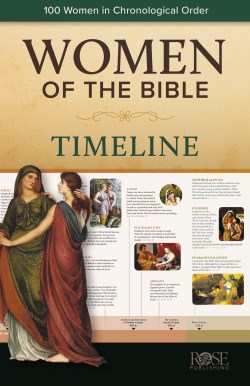 Women Of The Bible Timeline Pamphlet
Women Of The Bible Timeline Pamphlet
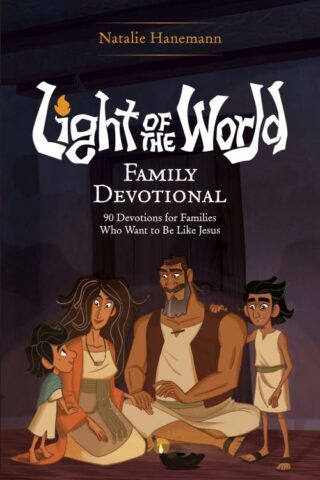 Light Of The World Family Devotional
Light Of The World Family Devotional
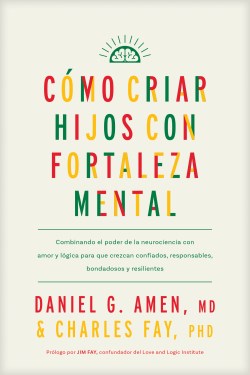 Como Criar Hijos Con Fortaleza - (Spanish)
Como Criar Hijos Con Fortaleza - (Spanish)
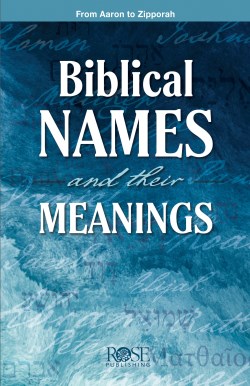 Biblical Names And Their Meanings
Biblical Names And Their Meanings
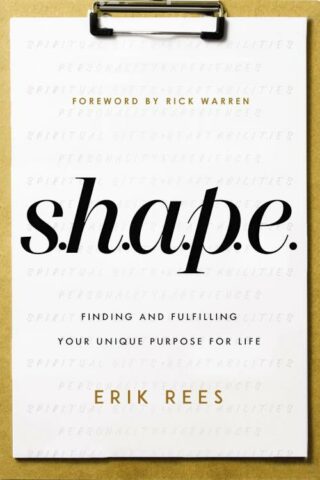 S H A P E
S H A P E
 Race To Krakatoa
Race To Krakatoa
 Fellowship Prefilled Communion Cups
Fellowship Prefilled Communion Cups
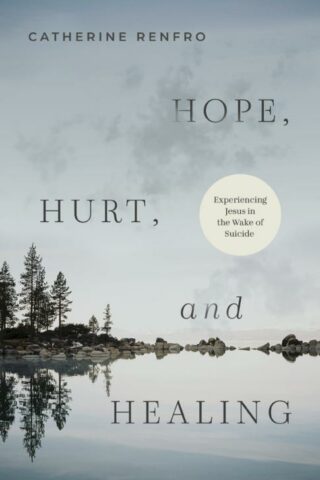 Hope Hurt And Healing
Hope Hurt And Healing
 Whats So Great About Heaven Pamphlet
Whats So Great About Heaven Pamphlet
 Gladys Aylward : My Missionary Life In China
Gladys Aylward : My Missionary Life In China
 Islands And Enemies
Islands And Enemies
 Boys Life Application Study Bible
Boys Life Application Study Bible
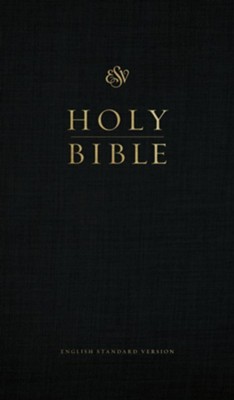 Church Bible
Church Bible
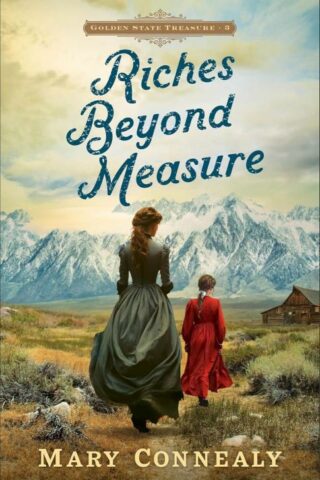 Riches Beyond Measure
Riches Beyond Measure
 Dear Single Mom Youre Doing Great
Dear Single Mom Youre Doing Great
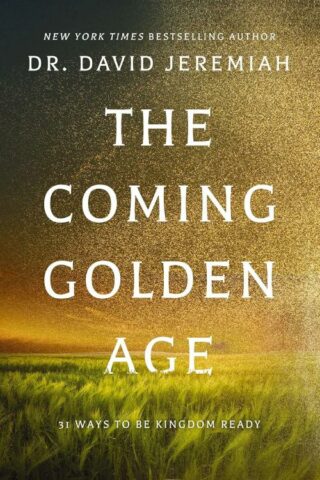 Coming Golden Age
Coming Golden Age
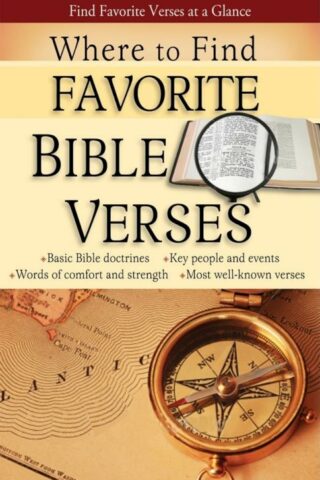 Where To Find Favorite Bible Verses Pamphlet
Where To Find Favorite Bible Verses Pamphlet
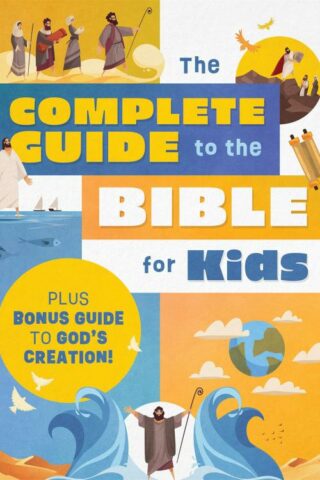 Complete Guide To The Bible For Kids
Complete Guide To The Bible For Kids
 Thinline Reference Bible Filament Enabled Edition
Thinline Reference Bible Filament Enabled Edition
 Boundaries : How To Set Them How To Keep Them
Boundaries : How To Set Them How To Keep Them
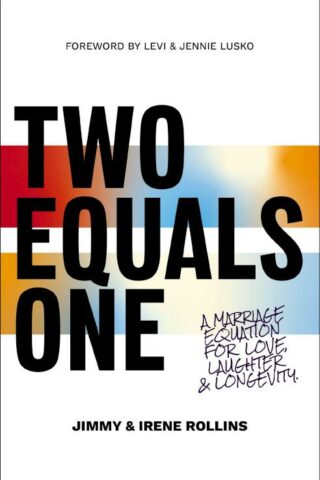 2 Equals One
2 Equals One
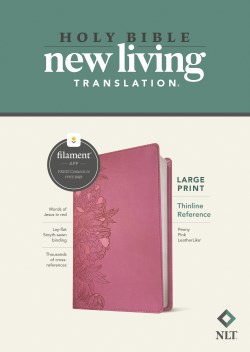 Large Print Thinline Reference Bible Filament Enabled Edition
Large Print Thinline Reference Bible Filament Enabled Edition
 Bible Promises For You Coloring Book
Bible Promises For You Coloring Book
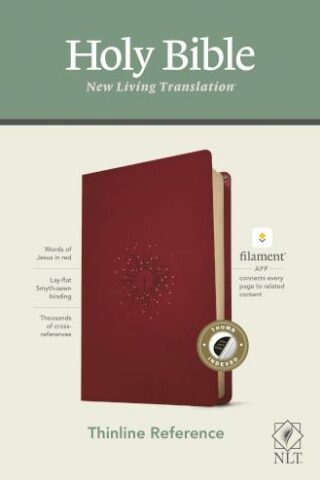 Thinline Reference Bible Filament Enabled Edition
Thinline Reference Bible Filament Enabled Edition
 Together Teen Bible Study Book (Student/Study Guide)
Together Teen Bible Study Book (Student/Study Guide)
 Jesus Daily Bible
Jesus Daily Bible
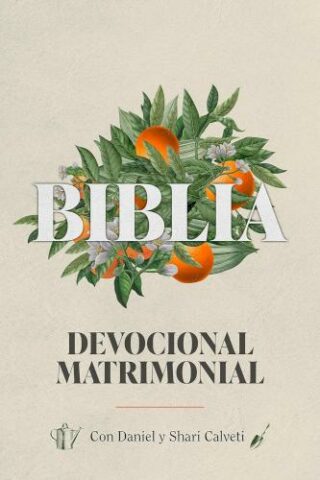 Marriage Devotional Bible Deluxe Edition
Marriage Devotional Bible Deluxe Edition
 Mi Cabello Puede - (Spanish)
Mi Cabello Puede - (Spanish)
 What The Bible Says About Prayer Pamphlet
What The Bible Says About Prayer Pamphlet
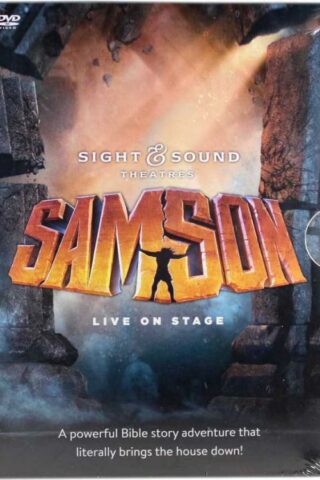 Samson Sight And Sound Theater Musical (DVD)
Samson Sight And Sound Theater Musical (DVD)
 Prayers For Peace Of Mind
Prayers For Peace Of Mind
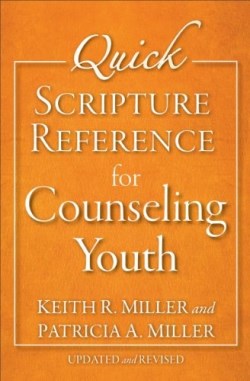 Quick Scripture Reference For Counseling Youth (Revised)
Quick Scripture Reference For Counseling Youth (Revised)
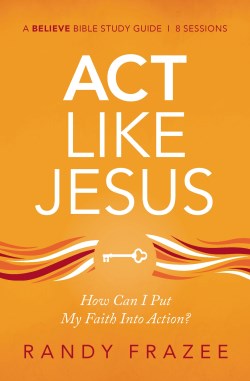 Act Like Jesus Study Guide (Student/Study Guide)
Act Like Jesus Study Guide (Student/Study Guide)
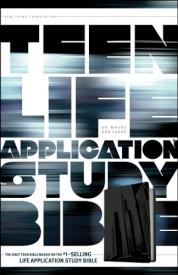 Teen Life Application Study Bible
Teen Life Application Study Bible
 Mornings With Jesus 2026
Mornings With Jesus 2026
 Memory House
Memory House
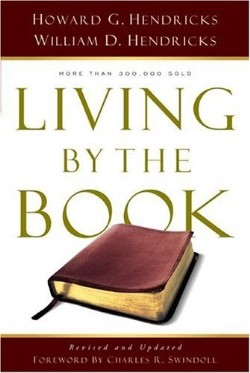 Living By The Book (Revised)
Living By The Book (Revised)
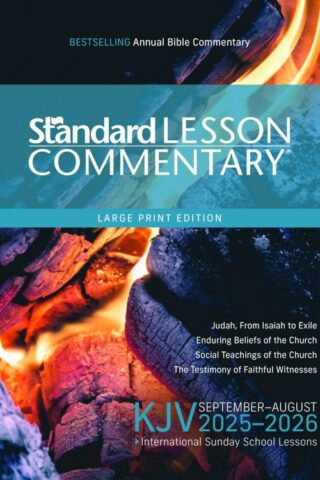 Standard Lesson Commentary KJV Large Print Edition 2025-2026 (Large Type)
Standard Lesson Commentary KJV Large Print Edition 2025-2026 (Large Type)
 Jesus Bible
Jesus Bible
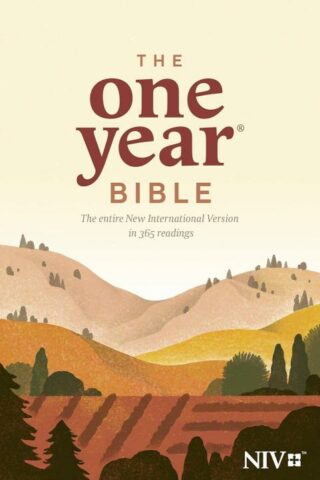 1 Year Bible
1 Year Bible
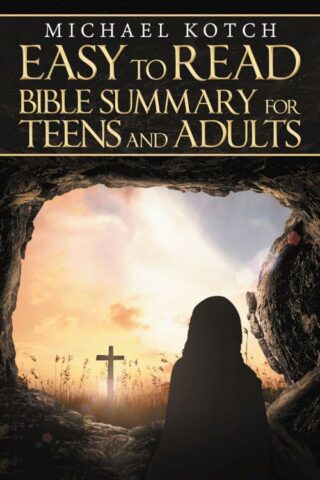 Easy To Read Bible Summary For Teens And Adults
Easy To Read Bible Summary For Teens And Adults

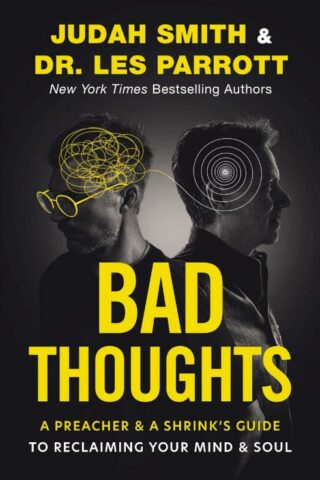

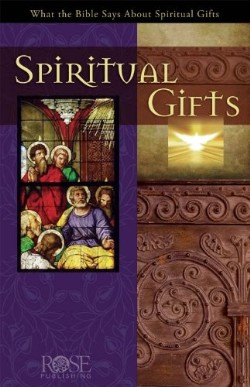

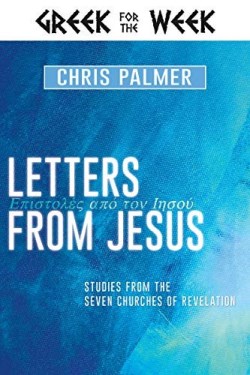


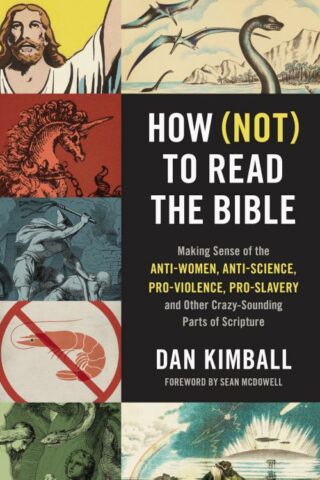

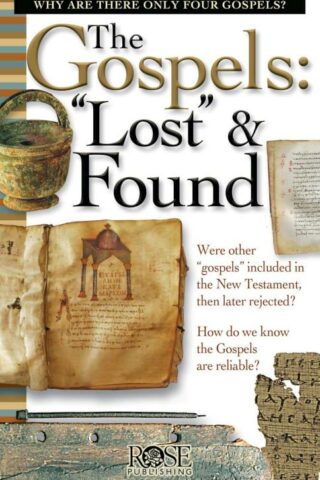




Reviews
There are no reviews yet.